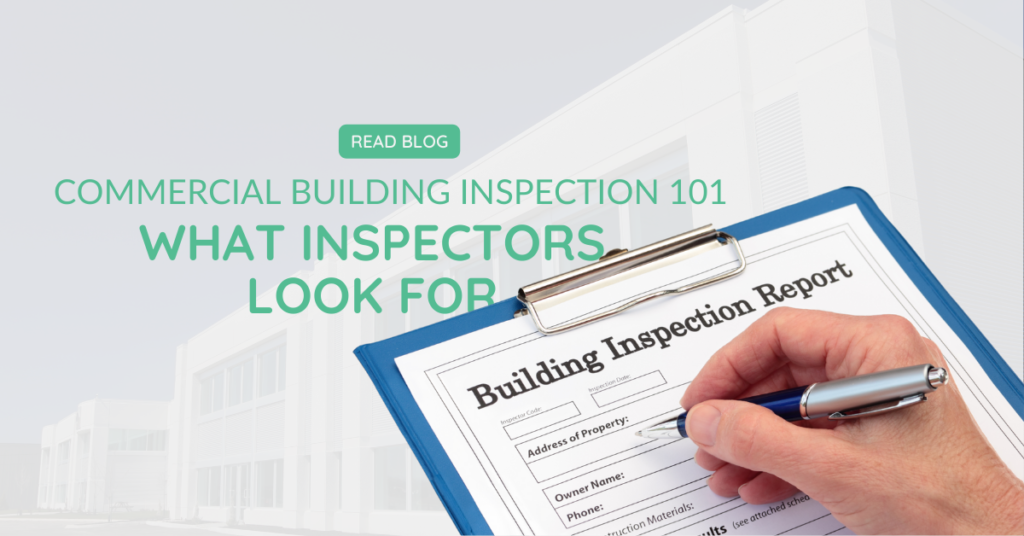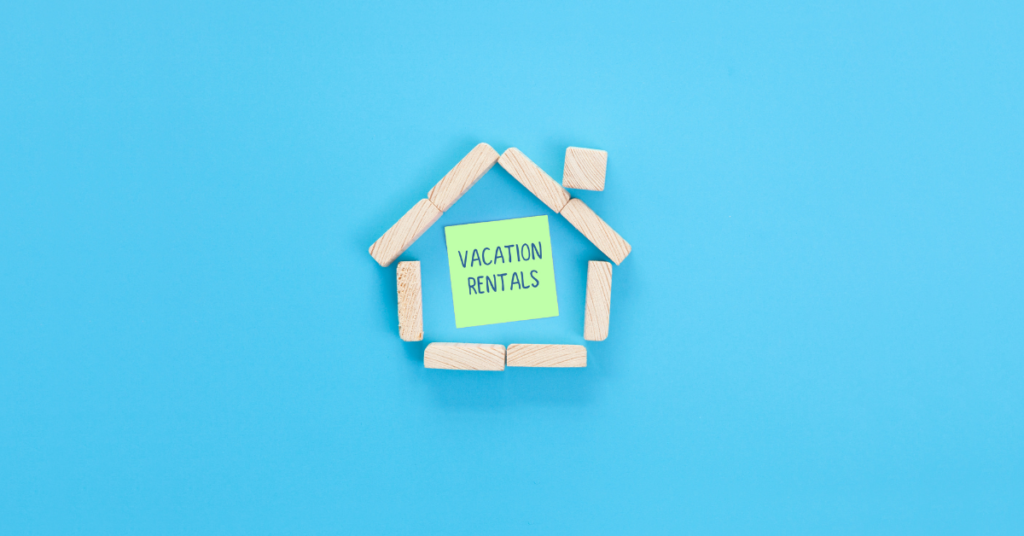Budgeting for Multiple Properties: Key Considerations for Investors
Reading Time: 3 minutesBudgeting for multiple properties is a critical aspect of real estate investment. As investors expand their portfolios, the complexity of managing finances increases. Effective budgeting helps maximize returns and minimize risks, ensuring long-term financial stability and growth. This article outlines key considerations for creating and managing a budget for multiple properties, providing investors with practical…

Budgeting for multiple properties is a critical aspect of real estate investment. As investors expand their portfolios, the complexity of managing finances increases. Effective budgeting helps maximize returns and minimize risks, ensuring long-term financial stability and growth.
This article outlines key considerations for creating and managing a budget for multiple properties, providing investors with practical strategies to succeed.
Table of Contents
Creating a Comprehensive Budget

A comprehensive budget is the foundation of successful property management. Here are the essential components:
Identify Income Streams
Understanding all sources of income is crucial. This includes:
- Rental Income: The primary source of revenue from tenants.
- Other Property-Related Income: Additional income from services such as parking fees, laundry facilities, or short-term rentals.
Categorize Expenses
Expenses must be meticulously tracked and categorized:
- Operating Expenses: Regular costs such as property taxes, insurance, utilities, and maintenance.
- Capital Expenditures: Significant investments like roof repairs, HVAC replacement, or major renovations.
- Debt Service: Mortgage payments and interest.
- Property Management Fees: Costs associated with professional management services.
- Vacancy Loss: Potential income lost when the property is vacant.
- Reserves for Unexpected Costs: Funds set aside for unforeseen expenses.
Using Budgeting Software or Spreadsheets
Leveraging technology can simplify budgeting. Use specialized software or detailed spreadsheets to track income and expenses, providing a clear financial overview and aiding decision-making.
Cash Flow Management
Maintaining positive cash flow is essential for financial health.
Importance of Positive Cash Flow
Positive cash flow ensures that you have enough income to cover expenses and debts, contributing to the profitability and sustainability of your investments.
Strategies for Maximizing Cash Flow
- Rent Optimization: Regularly review and adjust rent prices to match market rates.
- Expense Reduction: Identify and cut unnecessary costs without compromising property quality.
- Efficient Property Management: Implement effective management practices to enhance efficiency and reduce costs.
- Creating a Cash Flow Forecast: Predict future cash flow based on historical data and market trends.
Building a Cash Reserve for Emergencies
Set aside a portion of your income into a cash reserve to cover unexpected expenses, ensuring financial setbacks do not jeopardize your investments.
Tax Implications

Understanding and managing tax implications can save significant amounts of money. Familiarize yourself with tax deductions available for rental properties, such as mortgage interest, property taxes, operating expenses, and depreciation.
Utilize strategies such as cost segregation and 1031 exchanges to defer taxes and enhance savings. Given the complexity of tax laws, consulting with a tax professional can help optimize your tax strategy and ensure compliance with all regulations.
Scaling Your Budget
As you acquire more properties, your budgeting approach must evolve.
Budget for Property Acquisition
Consider all costs of acquiring new properties, including down payments, closing costs, and initial repairs or upgrades.
Adjust Budgets for Different Property Types
Different property types (residential, commercial, etc.) have unique financial dynamics. Adjust your budget accordingly to reflect these differences.
Create a Scalable Budgeting System
Develop a system that can quickly adapt as your portfolio grows, ensuring consistent financial management across all properties.
Risk Management

Identifying and mitigating risks is essential to protect your investments. Understand potential risks such as market downturns, natural disasters, and economic shifts that could impact your properties.
A contingency fund provides a financial buffer to handle emergencies or unexpected expenses, protecting your investment portfolio. Ensure comprehensive insurance coverage for all properties, including liability, property damage, and loss of income insurance.
Conclusion
Effective budgeting for multiple properties is crucial for maximizing returns and minimizing risks. You can achieve financial stability and growth by creating a comprehensive budget, managing cash flow, understanding tax implications, scaling your budget, and mitigating risks. Regularly review and adjust your budget to adapt to changing circumstances and seek professional advice to optimize your strategy.
Green Ocean Property Management can help you navigate the complexities of budgeting for multiple properties and maximize your real estate investment. Contact us today for a consultation, and let us provide you with the expert guidance you need to succeed.
Commercial Building Inspection 101: What Inspectors Look For
Reading Time: 4 minutesEnsuring the safety, compliance, and overall condition of a commercial building is crucial for property owners, managers, and tenants. Regular inspections help identify potential issues before they become costly problems. In this guide, we’ll cover what inspectors look for during a commercial building inspection, helping you understand the process and prepare your property effectively. …
Seasonal Strategies for Boston Short-Term Rentals: Attracting Guests Year-Round
Reading Time: 5 minutesThe vibrant and historic city of Boston, with its diverse tourist attractions and strong economic growth, has become a lucrative market for short-term rentals. Property owners and managers in Boston face a unique challenge: attracting a steady stream of guests year-round, especially during off-peak seasons. This article will shed light on effective strategies to maximize…
Leak Detection and Repair
Reading Time: 2 minutes Property managers should solve your property headaches for you and not add to them. In today’s article, we emphasize the importance of having property managers who are proactive and equipped with the right tools, so they can take care of one of the most common property problems: leak detection and repair. Let’s Talk…








